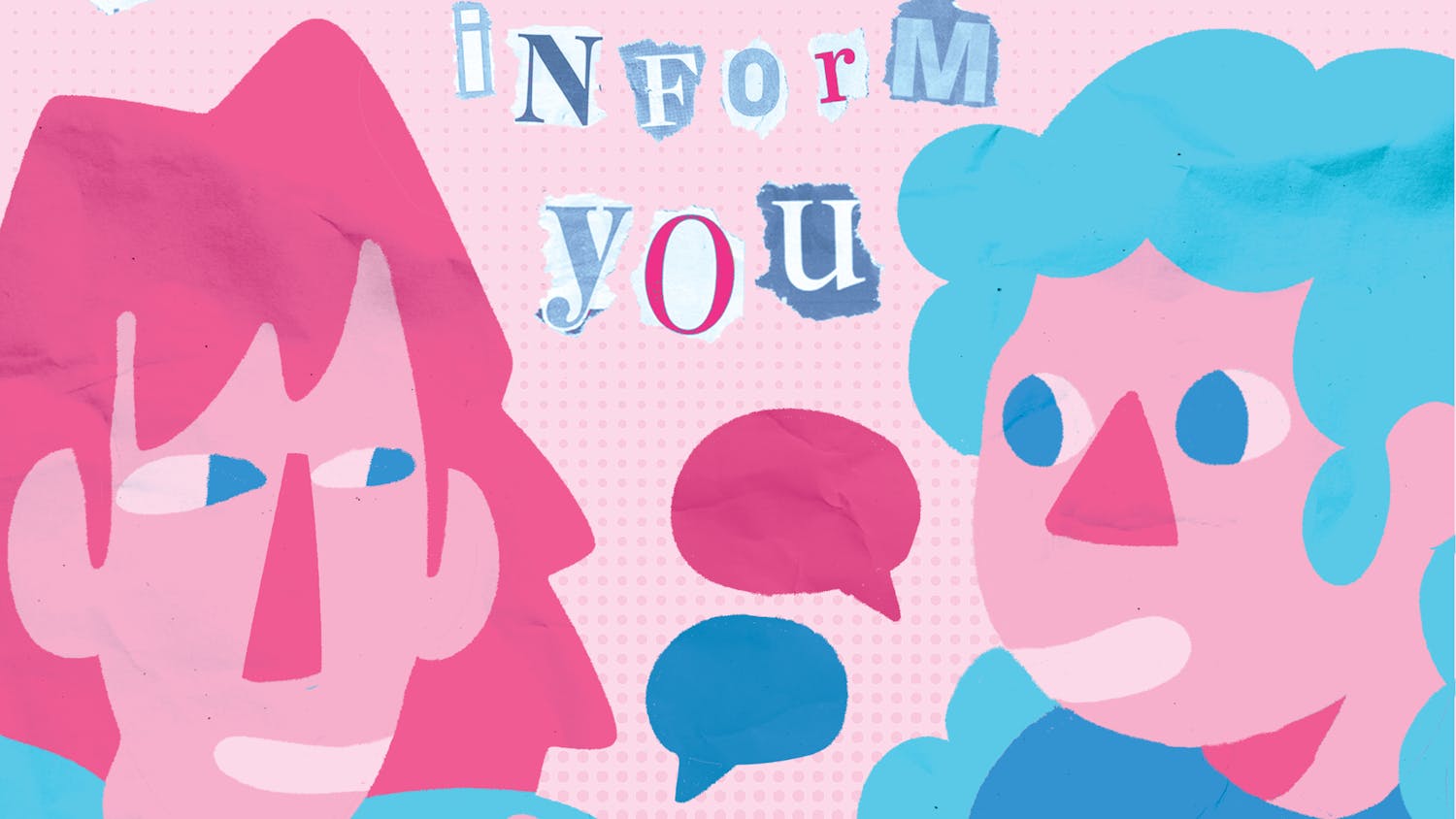It was a hot Michigan day in July. My friends and I were driving with the windows down, sun beaming, our hair still damp from the lake. We all quietly hummed along to the music as we looked at the colorful mansions on the Grand Haven shoreline. Suddenly, my friend shouted, “Dibs on that house!”
She pointed to a light blue house with white trim and a wrap-around porch. This house overlooked the lake and almost glowed in the sunset. It was likely worth at least half a million dollars, if not more.
“Dibs?” I asked her, wondering what she meant.
“Yes, dibs! Like, I ‘dibs’ that house, so no one else can. It’s mine now.” Of course, it wasn’t hers. But it was in the rules of the “Dibs” game.
We drove further down the road, passing more houses. We eventually came upon a pink house of a similar nature, and I hurriedly yelled “Dibs!” before anyone else could.
While the “Dibs” game started off tame, it eventually spiraled into something much more chaotic. We began by “dibs-ing” the objects in our line of sight, like the houses, the cars, someone’s dog, the lake and even the clouds in the sky. But eventually, the game derailed, and we began “dibs-ing” anything that we enjoyed.
“Dibs on the color green!”
“Dibs on summer!”
“Dibs on sushi!”
“Dibs on Taylor Swift!” (This one caused some controversy).
Instead of being a game of, “I like what I see, so I will ‘dibs’ it,” the “Dibs” game became a mental exercise for thinking of everything you appreciate about life. What are the things we cherish enough to “dibs?” Some of our answers included sunshine, dogs, Boygenius, willow trees, AirHeads Xtremes, flowers, blankets, the holidays and warm tea.
My three friends and I likely accumulated a list of at least a hundred “dibs-ed” terms before the game died down. Although some of us feigned frustration that another person “dibs-ed” our favorite musician or animal before we could, we all came out of the game generally content and in higher spirits than before.
While the “Dibs” game started off as an unimportant competition between friends, it truly can represent one way humans derive meaning from their lives. A study conducted by Joshua Hicks at Texas A&M University discovered a correlation between valuing one’s experiences, or experiential appreciation, and one’s perceptions of meaning.
Hicks claimed researchers would traditionally attribute subjective meaning to three sources: coherence, or the “feeling that one’s life ‘makes sense,’” the possession of long-term goals and existential mattering, or the “belief that one’s actions matter to others.” However, Hicks believed a fourth source, experiential appreciation, also should be included in this list. It is an experiential appreciation that is subconsciously applied during the “Dibs” game.
The “Dibs” game’s sole purpose is to observe the parts of our lives we take for granted and find value in them. In other words, the “Dibs” game is experimental appreciation, and it, therefore, can increase one’s sense of meaning.
I believe everyone should play the “Dibs” game, no matter how mundane it may seem. Oftentimes our minds can become cloudy with international stories of terror or the ever-looming reality of the future. We forget to appreciate the little things that truly make life worth living, and we lose sight of the things that give us meaning. My life does not gain more meaning when the next president of the United States steps into office. My life has meaning because of the people who lift me up, the music that inspires me and the way the sun looks when it's rising and setting.
Hicks said it best, “Meaning is all around us when we can experience the natural beauty in the world. It can be the beauty in another person’s face, the food we eat or the songs we listen to.” The “Dibs” game helps us derive meaning because it makes us appreciate the “now” through observing the world and its beauty in a way we haven’t before.
Savannah Swanson is a freshman studying communication at Ohio University. Please note that the views and opinions of the columnist do not reflect those of The Post. Want to share your thoughts on the column with Savannah? Email her at ss259422@ohio.edu.






